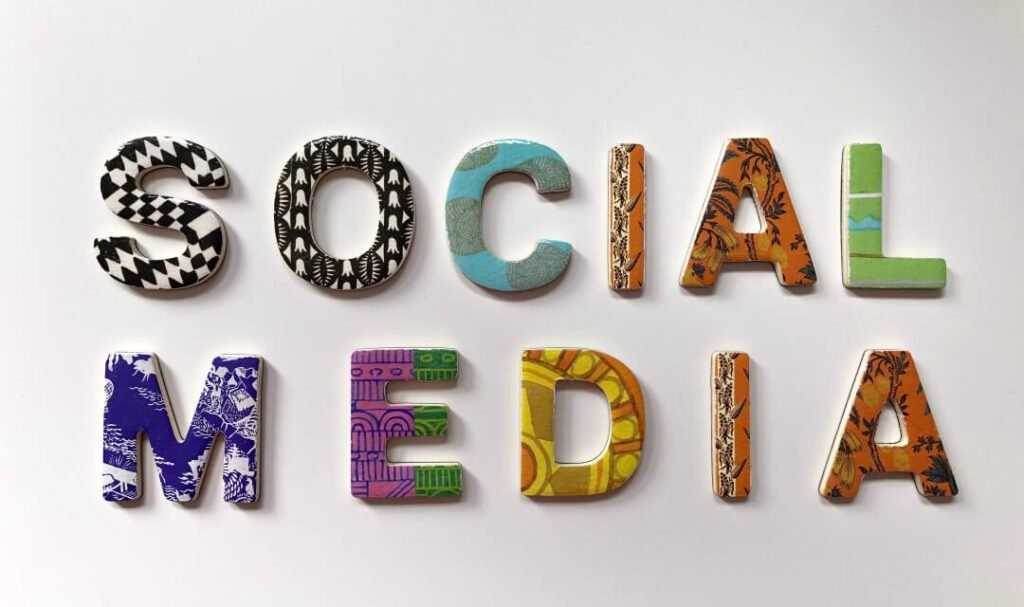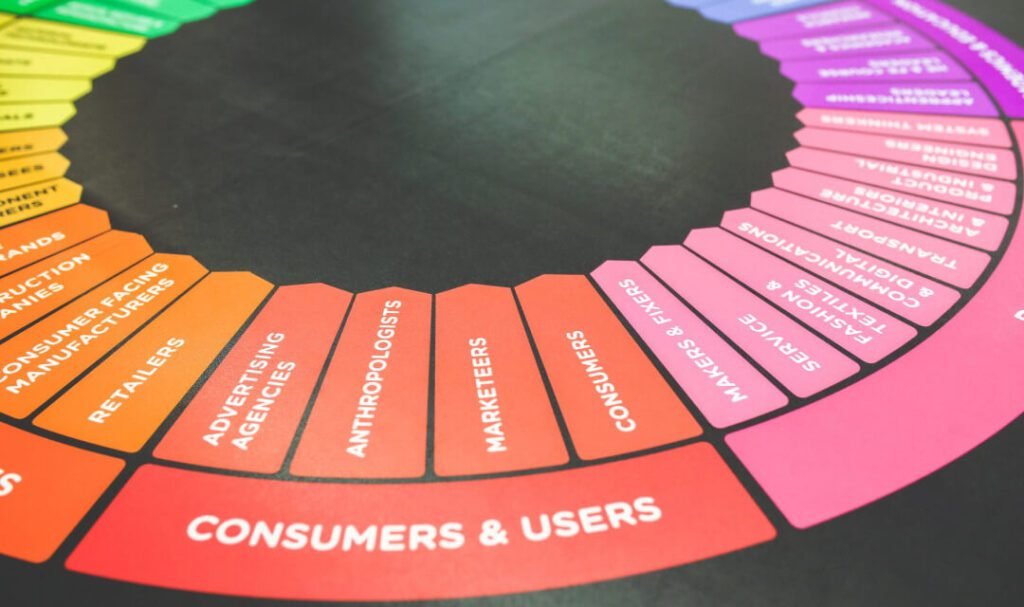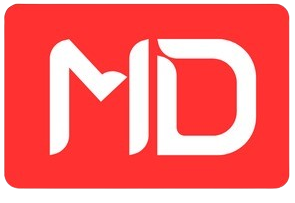FAQ: Frequently Asked Questions
1. Is specializing in Digital Media a worthwhile career choice?
The rapid technological advancement has turned Digital Media into a thriving industry. Specializing in Digital Media opens doors to numerous job opportunities. With robust employment projections across various sectors, it is a promising field for specialization.
2. What exactly is Digital Media, and why is it essential to learn?
Digital Media encompasses all digital platform content. It covers a wide array of exciting roles, from film and virtual reality to podcasts and video games. Proficiency in Digital Media is crucial for thriving in today’s digital-centric world.
3. How do Digital Media courses enhance your professional profile?
Digital Media courses empower participants to acquire skills and knowledge necessary for the digital realm, including brand communication and marketing. Covering vital concepts and software, these courses give professionals a competitive edge in the ever-evolving digital marketing landscape.

The rapid technological advancement has turned Digital Media into a thriving industry. Specializing in Digital Media opens doors to numerous job opportunities. With robust employment projections across various sectors, it is a promising field for specialization.
Digital Media encompasses all digital platform content. It covers a wide array of exciting roles, from film and virtual reality to podcasts and video games. Proficiency in Digital Media is crucial for thriving in today’s digital-centric world.
Digital Media courses empower participants to acquire skills and knowledge necessary for the digital realm, including brand communication and marketing. Covering vital concepts and software, these courses give professionals a competitive edge in the ever-evolving digital marketing landscape.
Given the breadth of the field, Digital Media can appear daunting initially. However, specialized Digital Media courses cater to professionals with diverse interests, making the learning process more accessible. These courses provide valuable insights and tips to kickstart your digital media journey.
Building a strong foundation in essential skills and concepts is crucial for launching a career in digital media. Our Digital Media courses offer a golden opportunity for professional development, equipping you with the necessary knowledge and skills to earn micro-credentials in the field.
The Digital Media industry offers a diverse range of job roles to suit various interests and skills. Some prominent career paths include:
Content Creation: Content creators develop engaging and relevant content for digital platforms, such as blogs, articles, videos, and infographics.
Social Media Management: Social media managers oversee brand presence on social platforms, creating and curating content, and engaging with audiences.
Digital Advertising: Professionals in this field focus on creating and optimizing digital ad campaigns across platforms like Google Ads, Facebook Ads, and more.
Video Production: Video producers and editors create multimedia content, including promotional videos, vlogs, tutorials, and documentaries.
Web Design and Development: Web designers and developers build and maintain websites, ensuring they are user-friendly and visually appealing.
SEO and SEM Specialists: Search Engine Optimization (SEO) and Search Engine Marketing (SEM) experts enhance online visibility and drive traffic through search engines.
Digital Marketing Analytics: Analysts interpret data to measure the success of digital campaigns and recommend improvements.
Digital Media courses typically don’t require specific prerequisites. However, a basic understanding of digital platforms, communication skills, and creativity can be advantageous. Course requirements may vary, so it’s advisable to check with the specific course provider.
The duration of Digital Media courses varies widely, depending on factors like the level of the course and the institution offering it. Short introductory courses may last a few weeks, while more comprehensive programs can span several months or even a year. Be sure to review the course details for precise timeframes.
Commonly used software and tools in Digital Media include Adobe Creative Suite (e.g., Photoshop, Illustrator, Premiere Pro), content management systems (e.g., WordPress), social media management tools (e.g., Hootsuite), and analytics platforms (e.g., Google Analytics). Digital Media courses often include hands-on training to familiarize students with these tools and their applications.
Digital Media courses are available in various formats, including online, in-person, and hybrid options. The choice of format depends on the course provider and your preferences. Online courses offer flexibility, while traditional classroom settings provide face-to-face interaction.
The job outlook for Digital Media professionals is promising, given the growing importance of digital marketing and online content. Earning potential varies based on factors like experience, specialization, and location. Entry-level positions may start with competitive salaries, and professionals with advanced expertise often command higher incomes.

4. Is studying Digital Media a challenging endeavor?
Given the breadth of the field, Digital Media can appear daunting initially. However, specialized Digital Media courses cater to professionals with diverse interests, making the learning process more accessible. These courses provide valuable insights and tips to kickstart your digital media journey.
5. What’s the first step to kickstarting a career in Digital Media?
Building a strong foundation in essential skills and concepts is crucial for launching a career in digital media. Our Digital Media courses offer a golden opportunity for professional development, equipping you with the necessary knowledge and skills to earn micro-credentials in the field.
6. What are the key job roles in the Digital Media industry?
The Digital Media industry offers a diverse range of job roles to suit various interests and skills. Some prominent career paths include:
Content Creation: Content creators develop engaging and relevant content for digital platforms, such as blogs, articles, videos, and infographics.
Social Media Management: Social media managers oversee brand presence on social platforms, creating and curating content, and engaging with audiences.
Digital Advertising: Professionals in this field focus on creating and optimizing digital ad campaigns across platforms like Google Ads, Facebook Ads, and more.
Video Production: Video producers and editors create multimedia content, including promotional videos, vlogs, tutorials, and documentaries.
Web Design and Development: Web designers and developers build and maintain websites, ensuring they are user-friendly and visually appealing.
SEO and SEM Specialists: Search Engine Optimization (SEO) and Search Engine Marketing (SEM) experts enhance online visibility and drive traffic through search engines.
Digital Marketing Analytics: Analysts interpret data to measure the success of digital campaigns and recommend improvements.


7. Are there any prerequisites for enrolling in Digital Media courses?
Digital Media courses typically don’t require specific prerequisites. However, a basic understanding of digital platforms, communication skills, and creativity can be advantageous. Course requirements may vary, so it’s advisable to check with the specific course provider.
8. How long does it typically take to complete a Digital Media course?
The duration of Digital Media courses varies widely, depending on factors like the level of the course and the institution offering it. Short introductory courses may last a few weeks, while more comprehensive programs can span several months or even a year. Be sure to review the course details for precise timeframes.
9. What software and tools are commonly used in Digital Media, and will I learn how to use them in these courses?
Commonly used software and tools in Digital Media include Adobe Creative Suite (e.g., Photoshop, Illustrator, Premiere Pro), content management systems (e.g., WordPress), social media management tools (e.g., Hootsuite), and analytics platforms (e.g., Google Analytics). Digital Media courses often include hands-on training to familiarize students with these tools and their applications.
10. Can Digital Media courses be pursued online, or are they only available in traditional classroom settings?
Digital Media courses are available in various formats, including online, in-person, and hybrid options. The choice of format depends on the course provider and your preferences. Online courses offer flexibility, while traditional classroom settings provide face-to-face interaction.
11. What is the job outlook and earning potential for professionals with expertise in Digital Media?
The job outlook for Digital Media professionals is promising, given the growing importance of digital marketing and online content. Earning potential varies based on factors like experience, specialization, and location. Entry-level positions may start with competitive salaries, and professionals with advanced expertise often command higher incomes.

